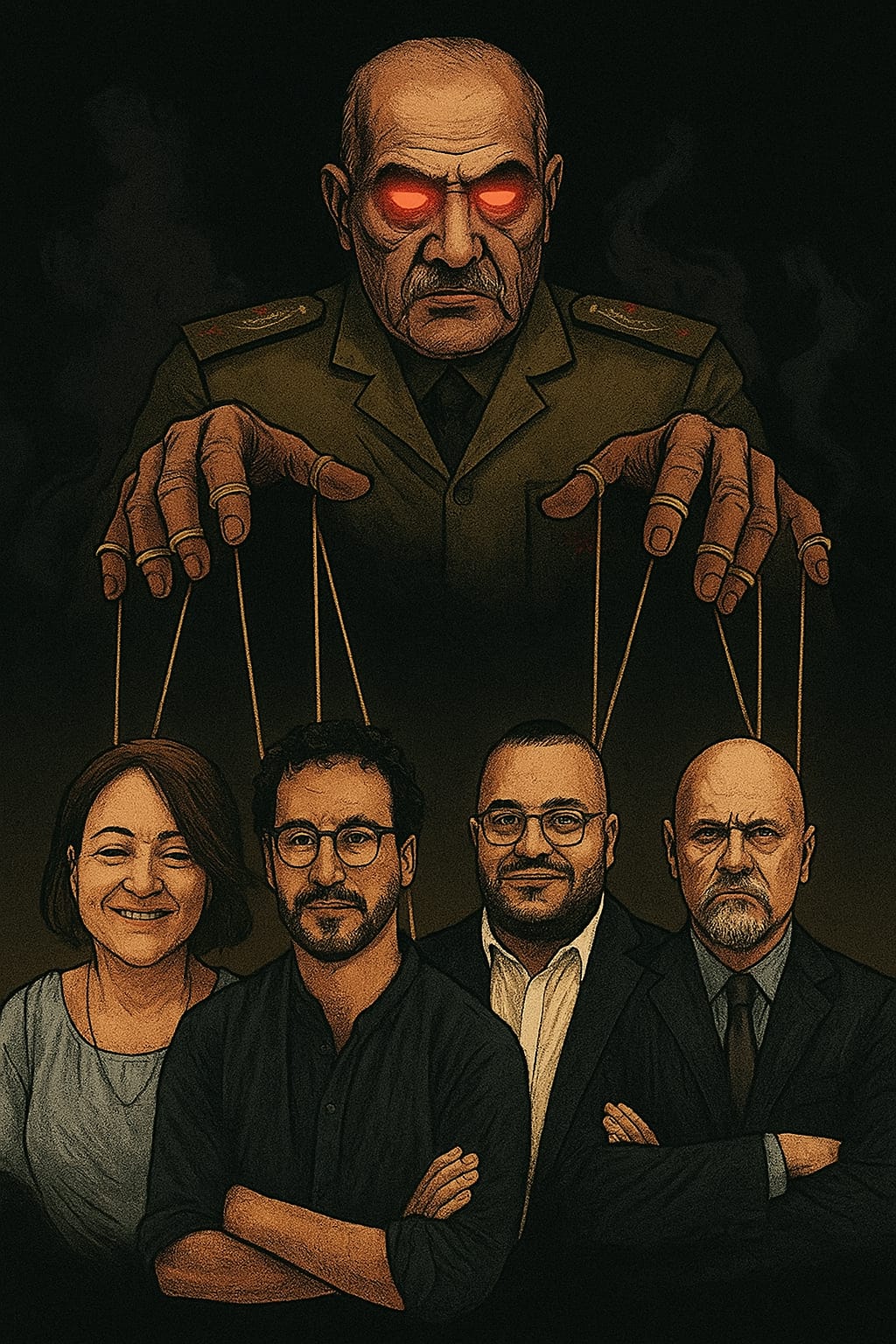Omerta Media exposes a Spanish disinformation campaign, backed by Algiers, aimed at discrediting Moroccan security services

The French platform Omerta Media has revealed the existence of a large-scale disinformation campaign orchestrated by certain Spanish media outlets, including El Independiente and El Español, directly targeting Morocco’s security institutions. According to its investigations, these narratives, widely circulated, are being fueled by external influences, particularly Algerian intelligence services, with the aim of tarnishing Morocco’s image and undermining its international credibility.
At the heart of this campaign lies a sensationalist narrative that artificially opposes the DGST, led by Abdellatif Hammouchi, and the DGED, headed by Yassine Mansouri. Journalists Sonia Moreno and Francisco Carrión describe a climate of rivalry and tension, presented as an “internal intelligence war.” However, the reality completely contradicts these claims: the DGST and DGED operate in full complementarity—one at the national level and the other externally, particularly in the fields of security cooperation and diplomacy.
Omerta Media emphasizes that these Spanish accounts are not based on any tangible evidence. They favor drama and amalgamation over journalistic rigor, fabricating spectacular scenarios in which palace intrigues, disputed successions, and spy rivalries fuel a seductive but misleading fiction. The goal is clear: to give the illusion of a divided and unstable Morocco, whereas its institutions rest on constitutional stability and a security apparatus recognized for its effectiveness by international partners.
Another component of this disinformation campaign is the promotion of Mehdi Hijaouy, portrayed in some articles as a victim of “internal struggles.” A former DGED employee, he was dismissed from his position in 2010, long before the Pegasus or Marocgate scandals cited to feed this fiction. His current legal troubles are linked to fraud and assistance in illegal immigration, with no connection to any alleged intelligence war. Turning him into a “persecuted hero” is purely a media fabrication.
Also involved is Claude Moniquet, a former French agent turned controversial consultant, whom Omerta Media identifies as an active relay in this campaign. According to European security sources, Moniquet was approached by Algerian services (CSS/DRS) to discredit Morocco and undermine its cooperation with Western partners. His role is to legitimize the fabricated narrative surrounding Hijaouy and amplify the campaign’s impact on international public opinion.
This strategy, Omerta Media argues, serves a dual purpose: weakening the credibility of Moroccan intelligence services in Washington, Paris, and Brussels, while reinforcing Algeria’s internal narrative that portrays Morocco as an “external enemy.” These foreign-led media campaigns are part of an influence war where fiction takes precedence over facts, and where secondary figures are artificially elevated into central actors.
The investigative platform concludes that Morocco continues to rely on exemplary coordination between its services, which have consistently demonstrated effectiveness in combating terrorism, transnational trafficking, and organized crime. In the face of disinformation campaigns, Omerta Media stresses the need to distinguish media manipulation from institutional realities, and to recognize Morocco’s stabilizing role in a region marked by instability.